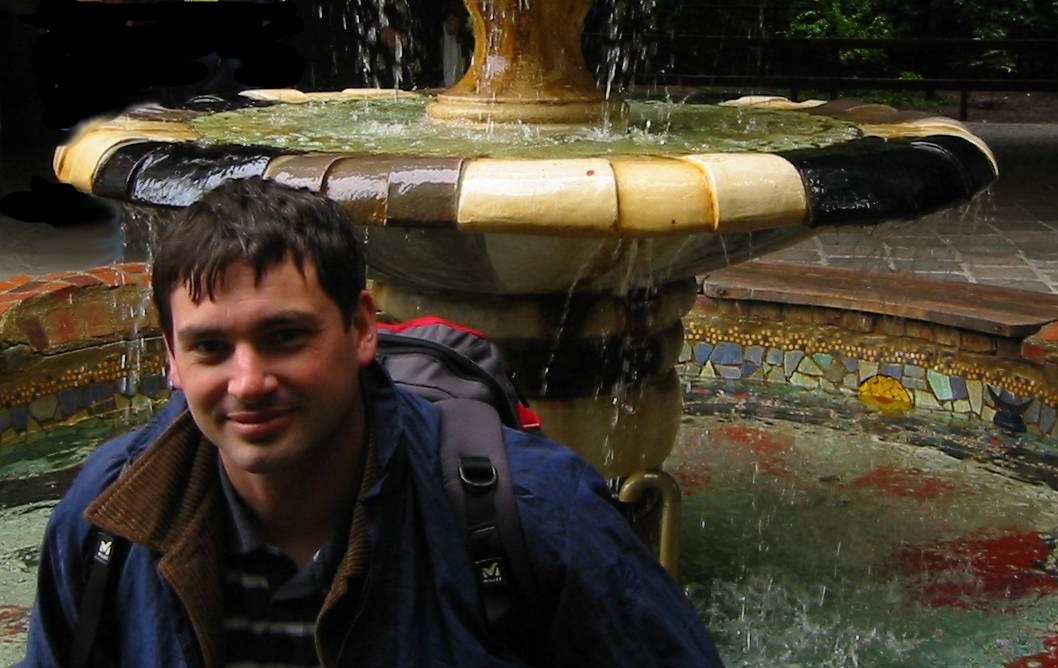Home |
| Home |
| Contact |
| My News |
| Research |
| Publications |
| Teaching |
| Students |
| Service |
| CV |

|
|
|
Note: (June 1, 2015) I have now moved to the University of Birmingham. I will have a webpage there shortly. AboutThe chief research interests of my group are evolutionary computation, artificial life and related areas in computer science, mathematical modelling and biology. Other key topics are expensive global optimization, automation of experimental science, and links between machine learning and optimization. The themes of multiobjective optimization and decision analysis also feature in much of our work. More Some rather more focused (and technical) research highlights, for those interested, can be seen below. What's happening now? ...see My News. QualificationsBSc (Hons); PGCE; MSc (Dist'n); PhD; FHEAAwards and Fellowships
Industrial CollaborationMy PhD was sponsored by BT. Other projects were carried out in collaboration with HBOS, Astra Zeneca, GSK, Waters, Thermo Instruments, and Combimatrix. I did a sabbatical at Theo Chocolate, Seattle and The University of Washington in 2009.Grant Income
Latest funding: Previous funding: PeopleWe have (had) collaborations with the following people (with apologies for any omissions).
|
|
slides